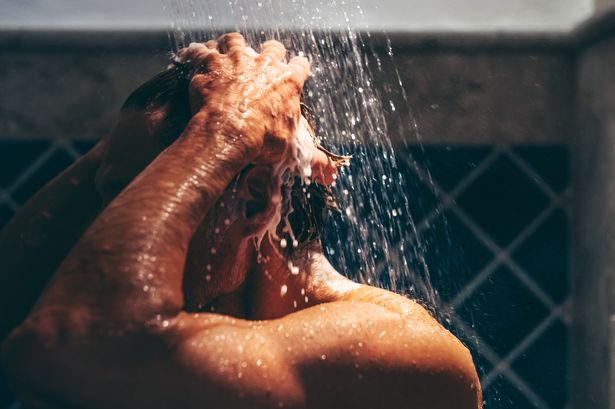
Pharmacist Abbas Kanani has raised concerns about the health implications of a common bathroom habit: urinating in the shower. A recent survey conducted by Mira revealed that over three-quarters of respondents admit to this practice. While it might seem convenient, experts caution that it could lead to serious issues, including incontinence, pelvic floor strain, and infections.
According to Kanani, peeing in the shower can weaken the pelvic floor, particularly in individuals with existing pelvic issues or poor posture. He explained, “Pelvic muscles are sometimes not fully relaxed when standing whilst peeing, and this can cause the bladder to not be emptied fully.” This incomplete emptying may lead to a tendency to push or strain, which can exert downward pressure on the pelvic floor, potentially causing long-term damage.
The pharmacist emphasized that this is particularly concerning for women or individuals with pre-existing pelvic conditions. Most men may remain unaffected unless they already have pelvic floor issues. Kanani also mentioned the risk of bacterial infections, noting that urine can carry bacteria, especially from an active urinary tract infection (UTI). If these bacteria come into contact with micro-tears or scratches on the skin, such as on the feet, it could lead to infections.
Hygiene and Plumbing Concerns
Emily Robertson, a shower expert at Mira Showers, elaborated on the hygiene aspects of this practice. She stated that while urine is sterile when it leaves the body, it can leave behind residues, especially when mixed with soap, shampoo, or body oils. Over time, these residues can lead to unpleasant odors and bacterial buildup in the grout, sealant, or shower tray, particularly in shared bathrooms or where water flow is inconsistent.
“Your shower is designed for water, not waste. Even if it all goes down the drain, urine can disrupt the delicate balance of hygiene in your bathroom, especially if your shower isn’t cleaned frequently,” Robertson stated. She further noted that some types of flooring or silicone sealants may absorb residues, creating an environment conducive to bacteria and mold growth.
Additionally, plumbing issues may arise from habitual urination in the shower. Although a small amount of urine usually does not cause immediate problems, over time it can increase the risk of clogs when combined with soap scum, hair, and hard water deposits.
In summary, while urinating in the shower may feel harmless, health professionals like Abbas Kanani and Emily Robertson warn that it carries significant risks. From weakening pelvic muscles to potential bacterial infections and plumbing complications, individuals are encouraged to reconsider this common habit for the sake of both health and hygiene.







